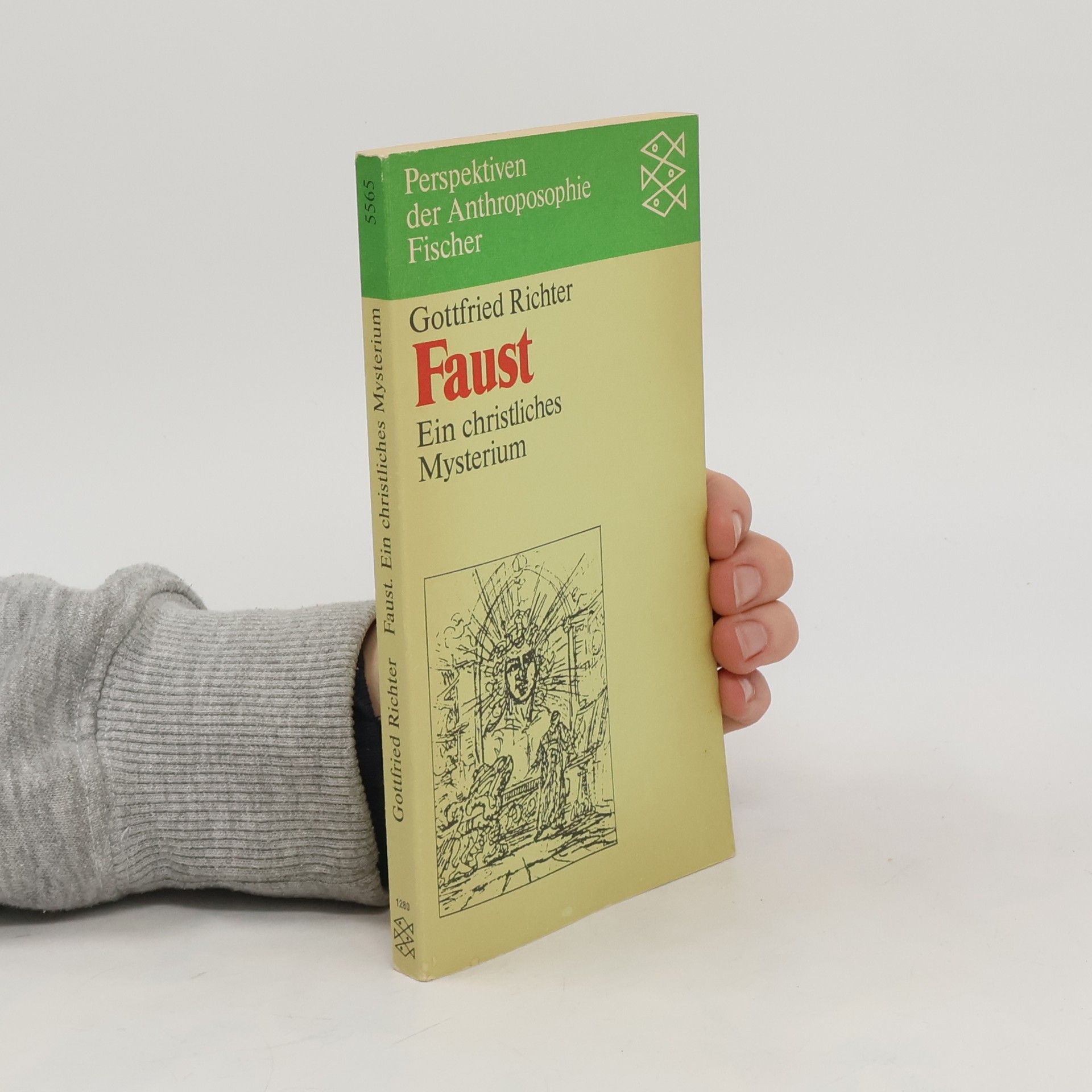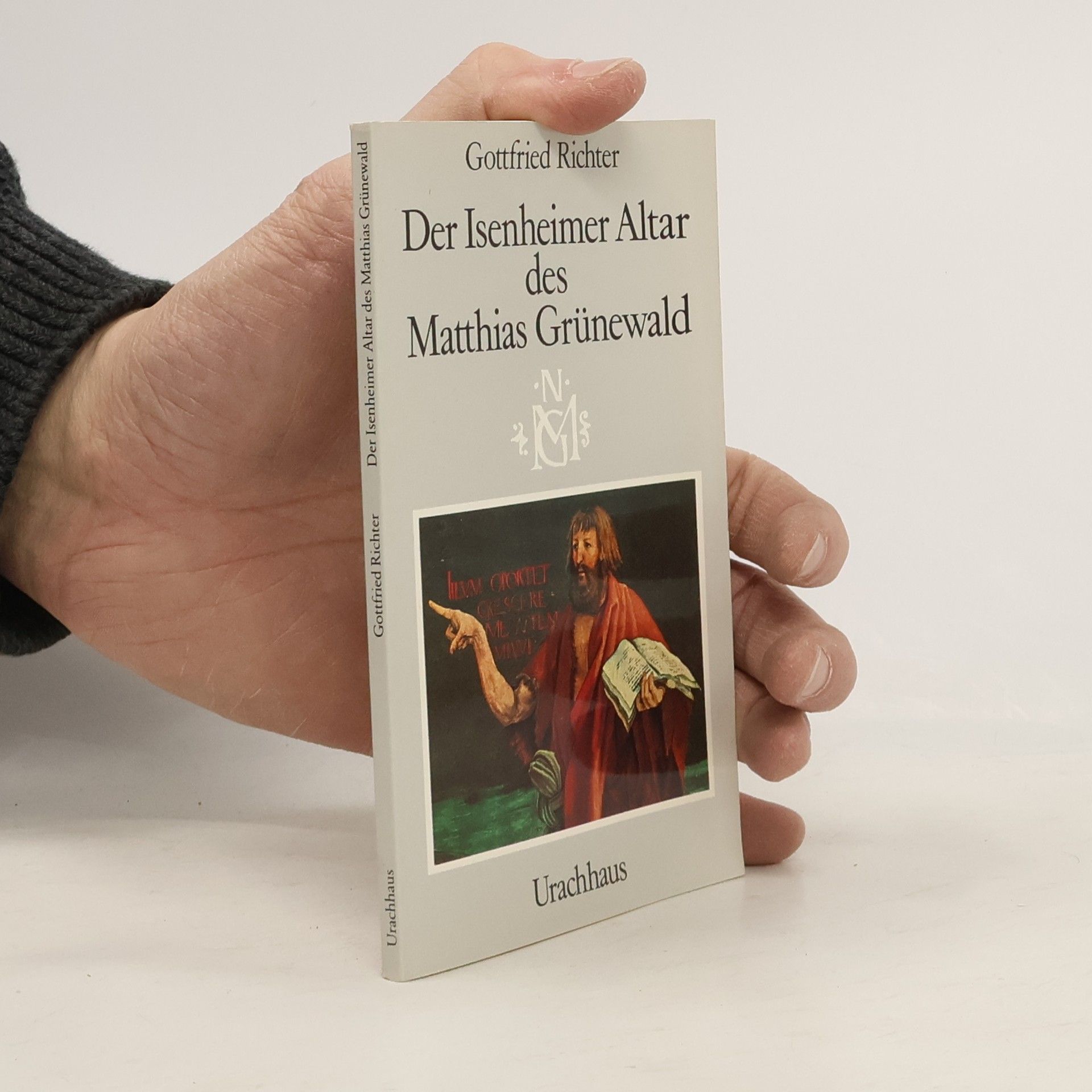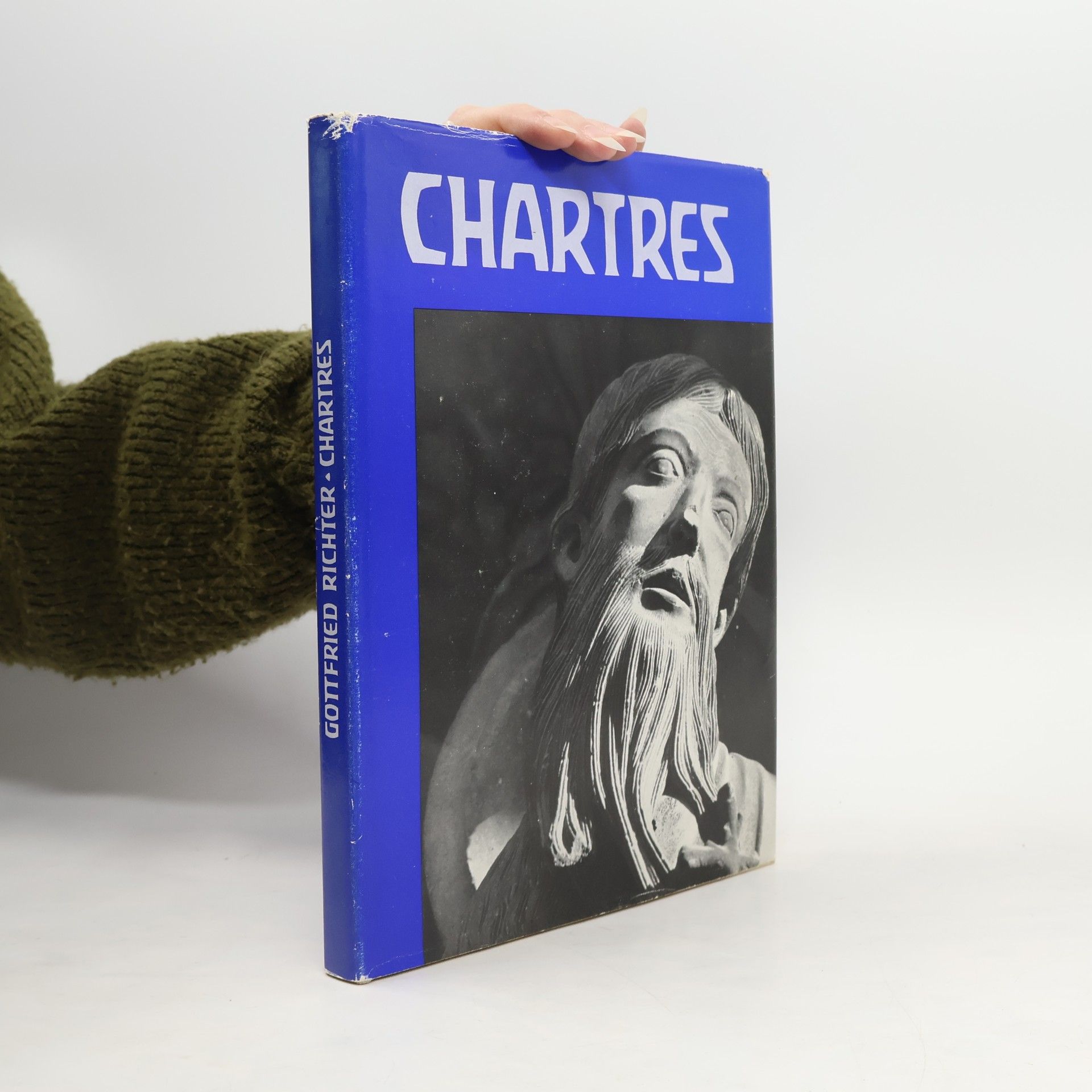Gottfried Richter Book order (chronological)
January 1, 1901 – January 1, 1980



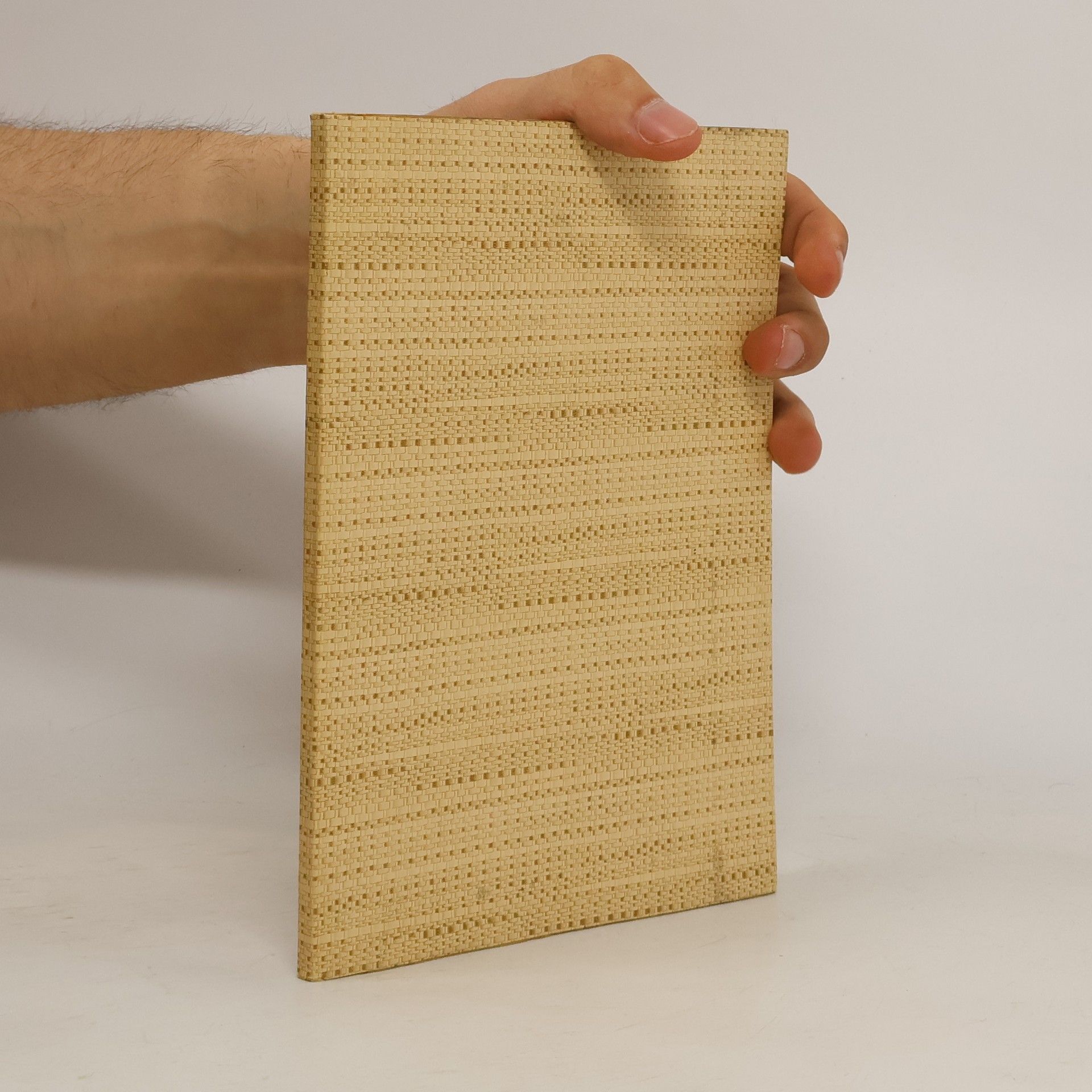
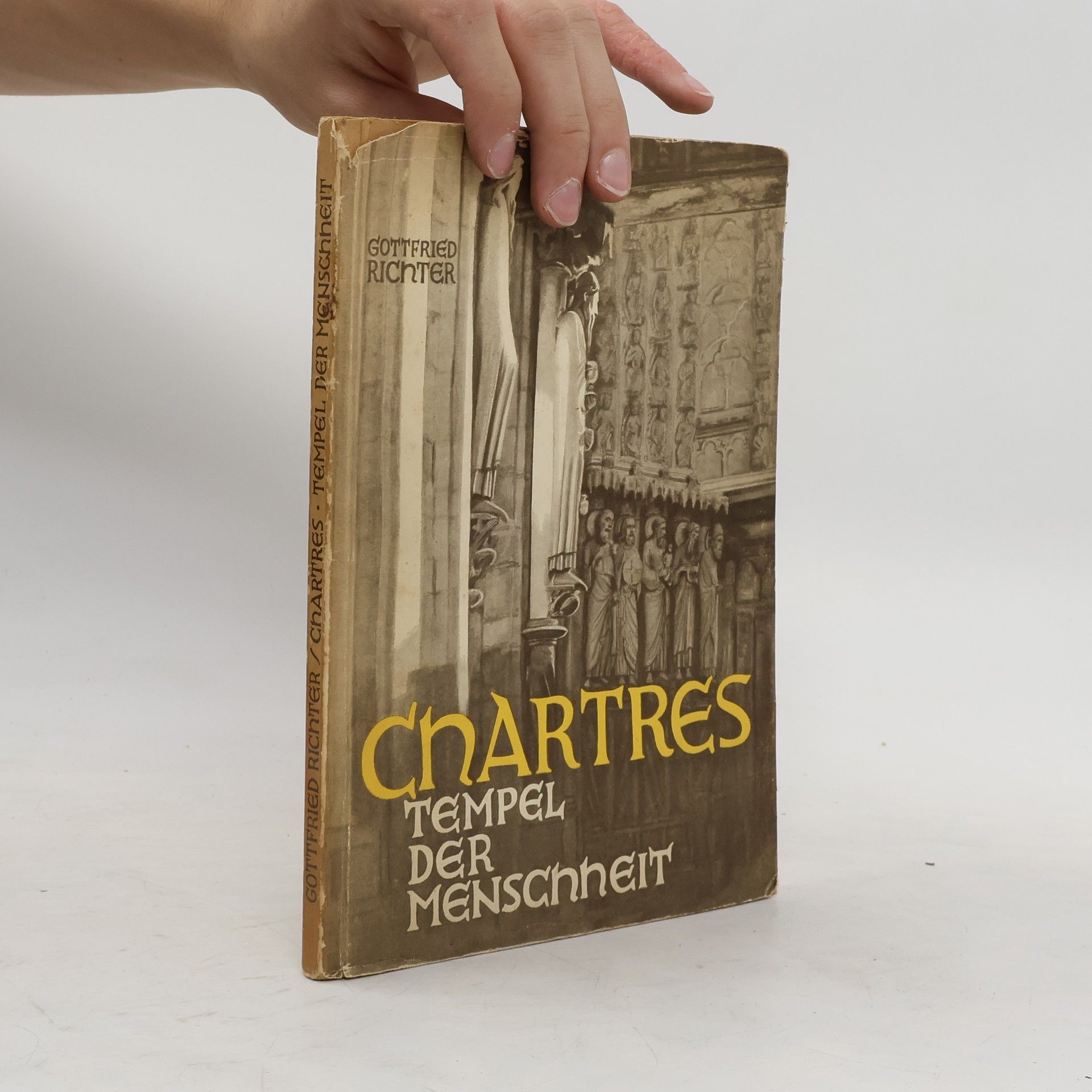
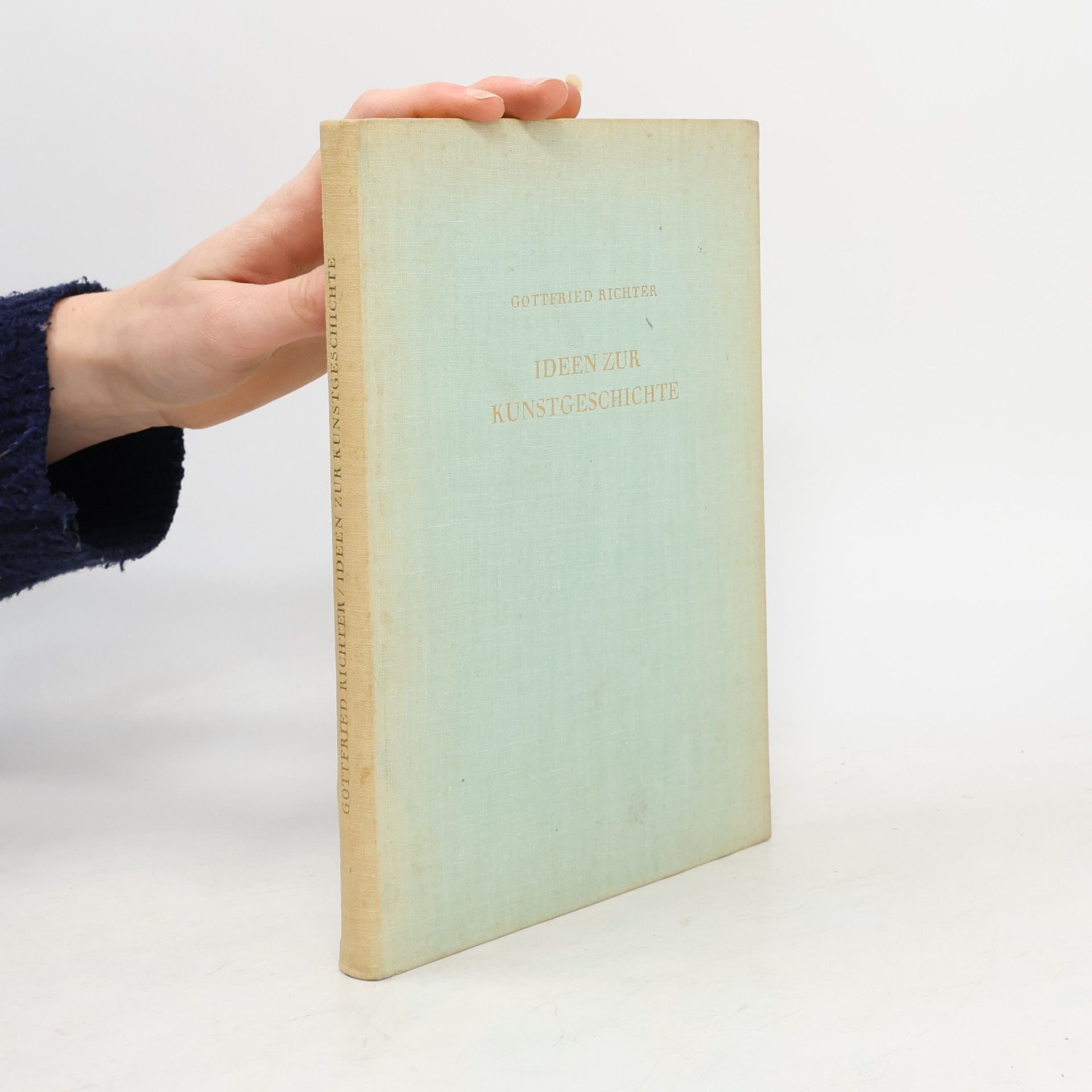
Der Isenheimer Altar des Matthias Grünewald
- 67 pages
- 3 hours of reading
Dieses Buch möchte lehren, an den großen Kunstwerken abzulesen, wie die Menschen der verschiedenen Epochen sich selbst und die Welt erlebt haben. In diesem Sinne geht die Betrachtung von Ägypten und Mesopotamien über Kreta, Griechenland, Rom, das frühe Christentum, das Mittelalter, den Islam und die Geburt der Neuzeit, über Barock und Romantik bis in die Moderne.
